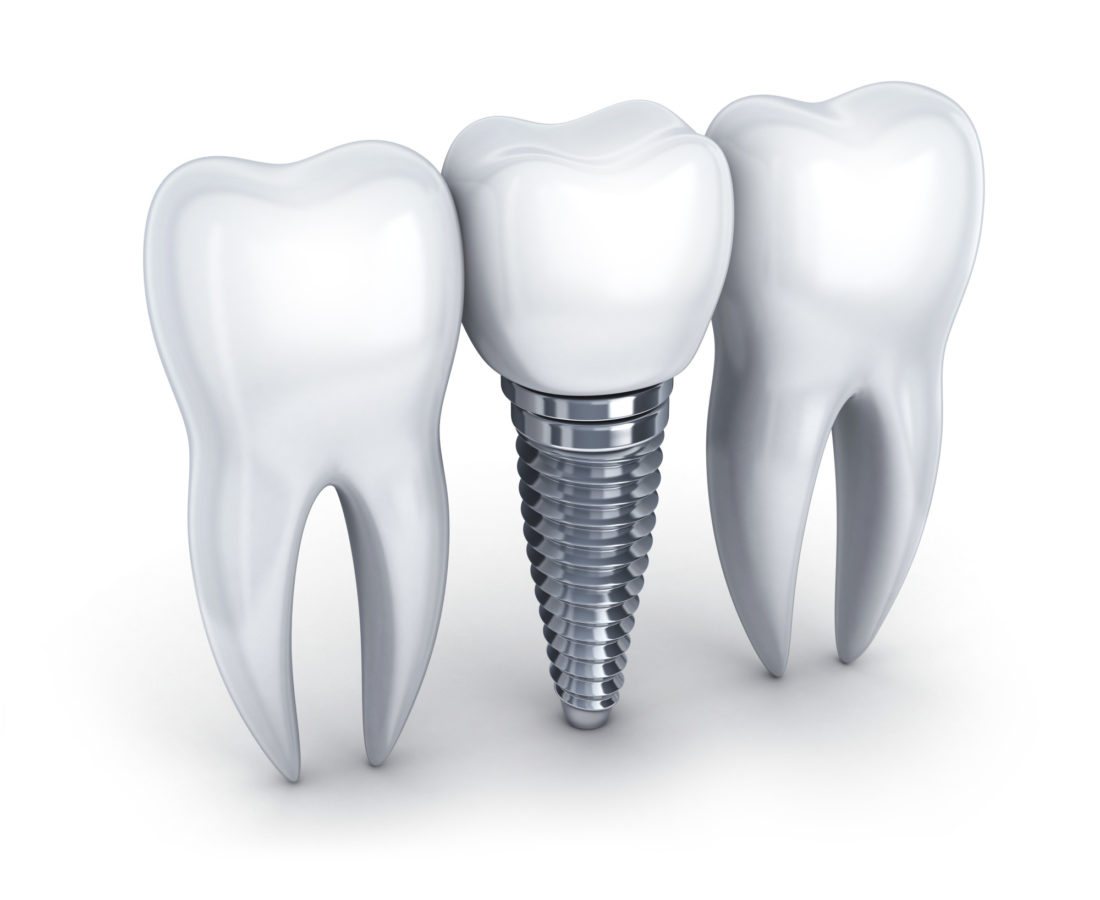
Dental implants have become a popular and reliable solution for replacing missing teeth, offering both functional and aesthetic benefits. Unlike dentures or bridges, implants are designed to be a long-term solution that mimics the look, feel, and function of natural teeth. But how long can you expect dental implants to last, and what factors influence their longevity? At Michelle Wang DDS, serving Redlands, CA, we’re dedicated to providing high-quality dental implant care and helping patients maintain their smiles for years to come. Let’s explore what impacts the lifespan of dental implants and how you can maximize their durability.
The Average Lifespan of Dental Implants
On average, dental implants can last 15 to 25 years or even longer with proper care. The implant itself, which is a titanium post fused to the jawbone, often lasts a lifetime. However, the crown attached to the implant may need replacement every 10 to 15 years due to wear and tear. The longevity of your dental implants depends on multiple factors, including your oral hygiene habits, lifestyle choices, and the expertise of your dental provider.
Factors Influencing the Longevity of Dental Implants
- Quality of the Implant and Procedure
- Material Used: Dental implants made from high-quality materials, such as titanium, are more durable and biocompatible, reducing the risk of rejection or failure.
- Professional Expertise: The success of the implant procedure greatly depends on the skill and experience of the dental professional performing the surgery. Proper placement ensures optimal fusion with the jawbone and long-term stability.
- Oral Hygiene Habits
- Consistent Brushing and Flossing: Maintaining excellent oral hygiene is essential to prevent plaque buildup, which can lead to gum disease and compromise the implant’s stability.
- Regular Dental Check-Ups: Routine visits to your dentist allow for professional cleanings and early detection of any potential issues with your implants or surrounding tissues.
To learn more about proper oral care for dental implants, check out this guide on dental hygiene and maintenance.
- Lifestyle Choices
- Smoking: Smoking can significantly impact the longevity of dental implants by reducing blood flow to the gums and impairing the healing process. This increases the risk of implant failure.
- Dietary Habits: Eating a balanced diet rich in nutrients, such as calcium and vitamin D, supports healthy bones and gums, which are crucial for implant stability.
- Bone Density and Jaw Health The success of a dental implant relies on sufficient jawbone density to anchor the implant securely. Bone loss, caused by gum disease or missing teeth, can affect the implant’s stability. In cases where bone density is low, bone grafting may be required before implant placement.
- Grinding and Clenching (Bruxism) Patients who grind or clench their teeth may experience added stress on their implants, leading to potential wear and complications. Custom night guards can protect implants from excessive pressure and prolong their lifespan.
Tips to Maximize the Longevity of Your Dental Implants
- Maintain a Consistent Oral Care Routine Brushing twice a day, flossing daily, and using an antimicrobial mouthwash can help keep your gums healthy and prevent plaque buildup around the implant.
- Schedule Regular Dental Check-Ups Visiting your dentist for routine check-ups allows for professional cleanings and early intervention if any issues arise. Your dentist can monitor the condition of your implant and surrounding tissues to ensure long-term success.
- Avoid Hard or Sticky Foods Chewing on hard objects, such as ice or hard candies, can cause damage to the crown or put stress on the implant. Similarly, sticky foods can increase the risk of plaque buildup.
- Protect Your Implants If you play contact sports or grind your teeth at night, consider using a custom mouthguard to protect your implants from potential damage.
Common Signs of Implant Issues
While dental implants have a high success rate, it’s essential to be aware of any signs that could indicate a problem. Symptoms such as persistent pain, swelling, difficulty chewing, or loose implants should be addressed immediately by a dental professional.
The Role of Professional Care in Implant Longevity
Choosing a skilled and experienced dental provider for your implant procedure is crucial to its success. Proper placement, ongoing maintenance, and professional care all play a role in ensuring your implants last as long as possible.
Michelle Wang DDS: Expert Dental Implant Care in Redlands, CA
At Michelle Wang DDS, we specialize in providing comprehensive dental implant care tailored to meet your unique needs. Serving Redlands, CA, our team is dedicated to helping you achieve and maintain a healthy, confident smile that lasts for years.
